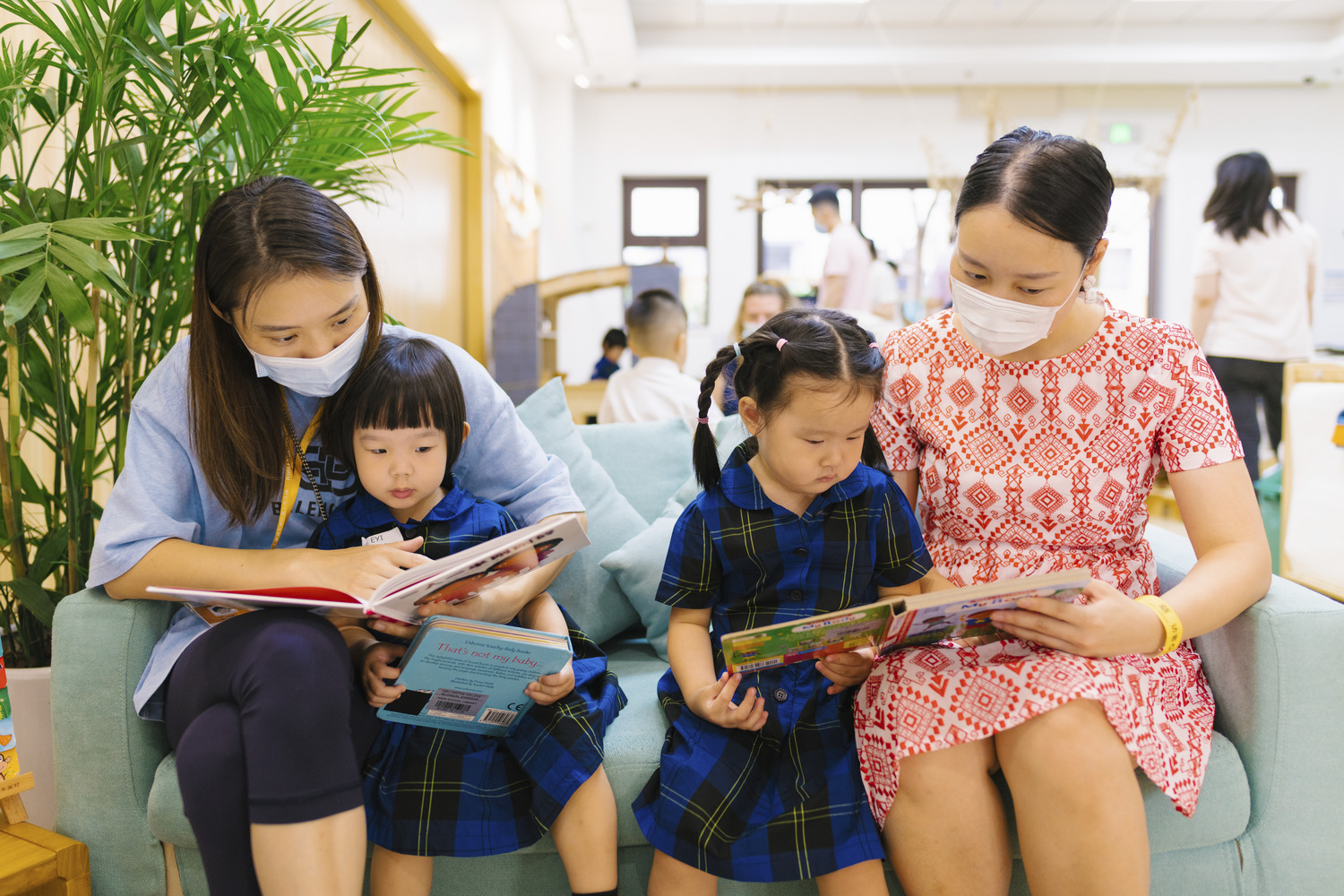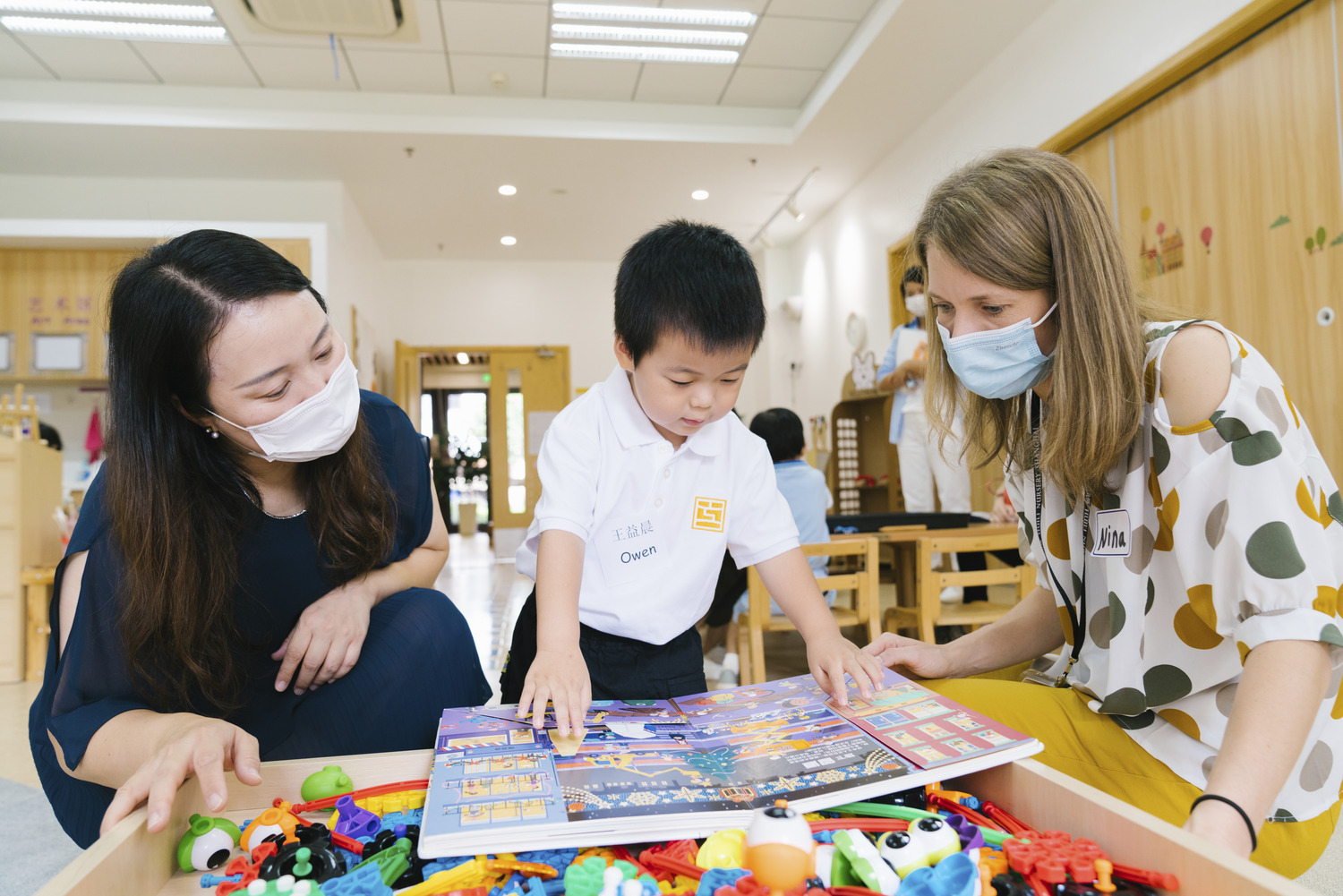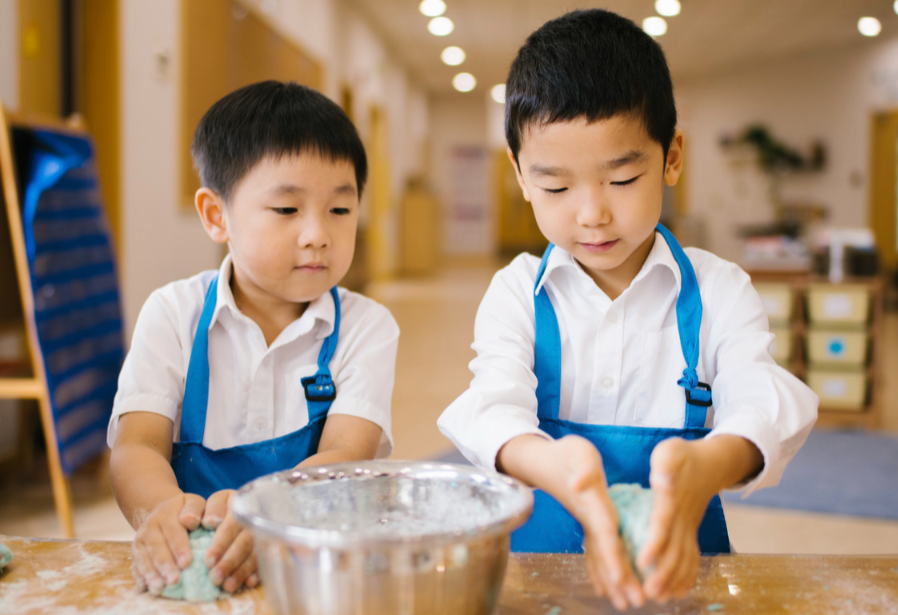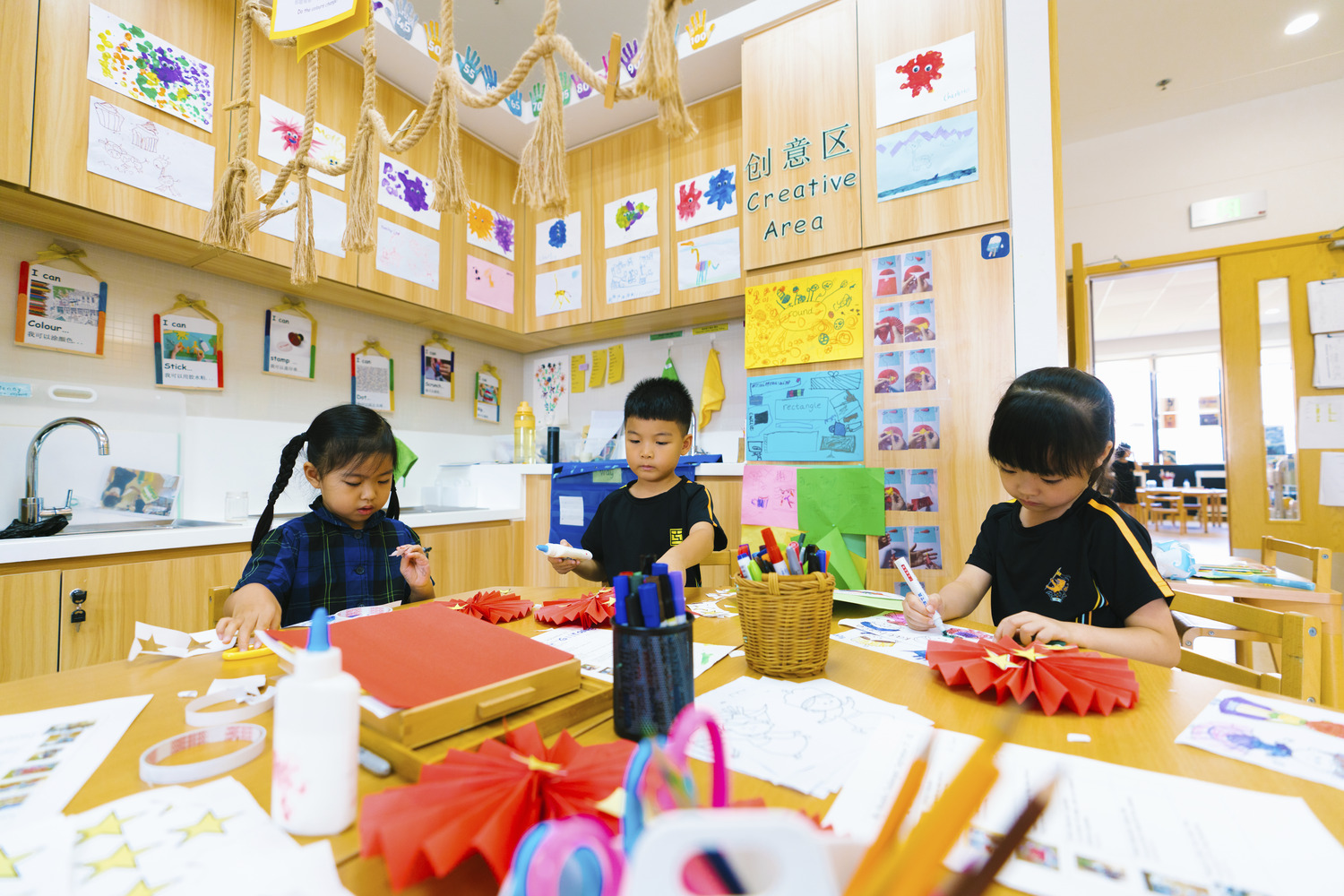
Being a competent parent is of great concern for every family. It is particularly important during early childhood because new parents are still exploring and learning parenting skills. Because infancy and early childhood years are critical in shaping a child’s future behaviour, parenting during this period has a lifelong impact on children.

Alison Gopnik, a psychologist specialising in children’s learning and development, has given in-depth analysis of the issue. She believes there are two types of parents - 'carpenters' and 'gardeners'. They are, of course, general analogies, but are very illustrative of two very distinct parenting methods.
The 'carpenter' and The 'gardener'
The ‘carpenter’ parent thinks that their child can be moulded. They intend to sculpt their children into adults with the desired characteristics, the way a carpenter drafts plans and then follows them to get the finished product. Tightly controlled schedules are a hallmark of this parenting style.
Making children follow an expected path is indeed a good way to give them a competitive edge at the starting line, but we should also realise the potential disadvantages to such an approach. Children raised in this parenting style are likely to have low confidence and may not have the ability to think independently.

'Gardener' parents provide a protected space for children’s growth. Good gardeners understand that plants may have trouble thriving from time to time. But in the long run, plants growing in a diverse and dynamic environment will be stronger and more resilient.
The 'gardener' focuses more on helping children acquire skills needed to adapt to changing environment. They ensure that the soil is rich and fertile as possible, and that their plants have every opportunity to grow.
Why we advocate ‘gardening’ parenting style
Research shows that a child’s brain develops more rapidly in their first few years than any other time in their life. And these early experiences have a long lasting impact.、

Children learning is experiential and develops through exploration. They are open and flexible, and what they need is an environment rich with opportunities for discovery. In the long run, this will make them more curious, confident and adaptable.
How to be a 'gardener'
Respect your child
Curiosity is the best teacher. When cultivating children’s interest, parents are encouraged to respect their children’s ideas and interests; to motivate them to discover on their own what sparks a fire inside them, and give positive guidance and encouragement.
Create the best environment for your child
Family happiness and harmony are a prerequisite for children’s security and confidence to be independent. Parents are invaluable role models for their children, as we know children learn from what they see, not only what they are told or explicitly taught. We advise parents to observe your child’s progress and offer consistent encouragement.
Listen to you Child
Empathise with your child to ensure they feel listened to. Support your child to overcome difficulties by suggesting solutions to their problems.
A philosophy shared by families and nursery
At Huili Nursery Shanghai, we believe every child is unique, and their potential can be unlocked through the right educational approach. Experiential learning through exploration, inspiring activities and role-play are some of the educational methods that we apply at the nursery that support every child to develop and grow.

We focus on cultivating children’s ability to thrive as they learn. In particular, we focus on to their ability to adapt, create and think critically. These are skills with lifelong benefits. A partnership between parents, pupils and teachers is essential to the success of this educational model. Whether in the nursery or in the home, children need fertile soil in which to grow and flourish.
Please join us in becoming fellow 'gardeners' and watch as your children reap the benefits.